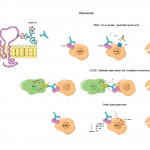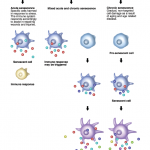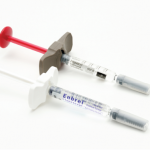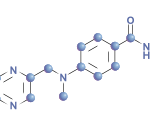According to a large cohort study of pediatric patients, rituximab use is on the rise in the treatment of children diagnosed with vasculitis. Treatment with cyclophosphamide remains common, but it’s beginning to wane. Dialysis and mechanical ventilation also remain common, the study indicates. The retrospective study of hospitalized children in the U.S. included the largest…









